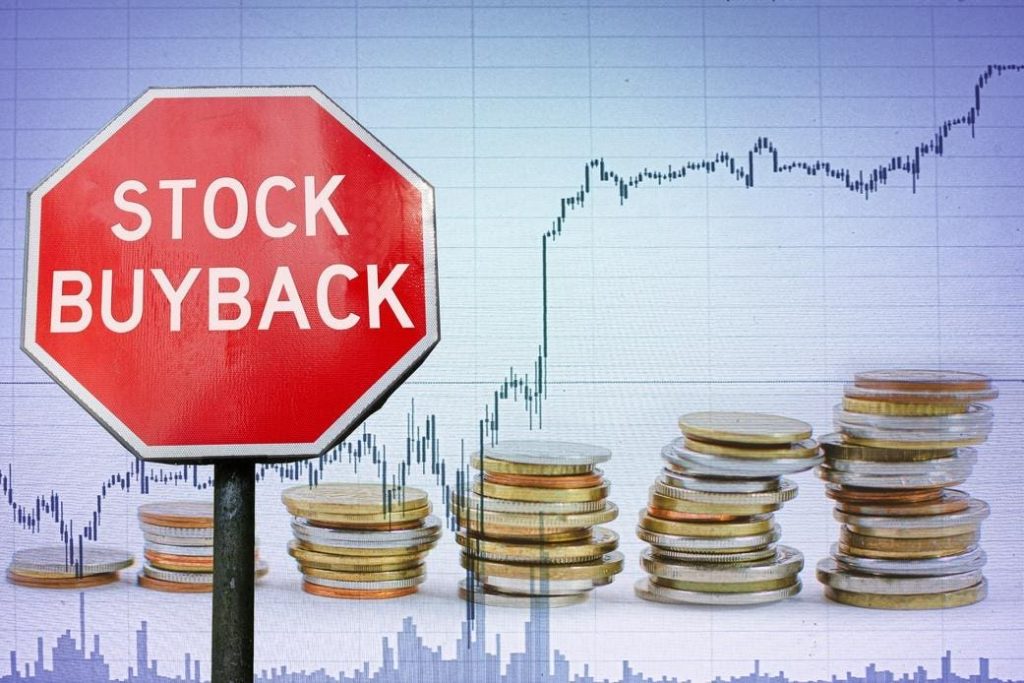Stock buybacks are a common strategy that public companies use to return money to their shareholders through reducing the number of outstanding shares. Unlike dividends, buybacks improve important financial metrics such as earnings per share and can potentially boost the value of remaining shares. In this article, we explore five companies that have effectively utilized buybacks to create value for investors and navigate market volatility, highlighting their strategic approach and financial strength.
Home Depot emerges as a compelling choice for potential buybacks in the near future due to its consistent history of stock repurchase initiatives. The company has been conducting buybacks every two years since 2013, in addition to offering consistent dividends. With a strong cash flow, robust balance sheet, and disciplined capital allocation, Home Depot has demonstrated financial stability and growth prospects, making it a notable stock for investors looking at potential buyback activity shortly.
Texas Instruments represents another attractive candidate for potential buybacks, driven by its mature status and significant cash reserves of almost $10 per share. In 2022, the company conducted a $15 billion buyback that was well-received by investors, reflecting its successful operational model and focus on high-margin technologies. With a strong balance sheet and a history of returning substantial value to shareholders through dividends and buybacks, Texas Instruments is well-equipped to continue or expand its buyback programs, enhancing shareholder value in the process.
Nike, a mature company with ample cash reserves, has recently taken steps to streamline operations and maintain financial stability amid operational volatility. These strategic decisions indicate the company’s commitment to long-term success and may lead to future buybacks to reward shareholders and demonstrate confidence in its prospects. By using its cash reserves effectively, Nike can offer investors a tangible return on investment during times of transition and adjustment, showcasing resilience and strategic foresight.
Lennar, a leading homebuilder in the United States, is well-positioned to engage in stock buybacks due to its strong financial performance and strategic market positioning. With a solid balance sheet and a track record of generating substantial free cash flow, Lennar can use buybacks to signal confidence in its value and future growth prospects, enhancing shareholder value by improving earnings per share and stock price performance. The company’s industry leadership and operational strengths make it a promising prospect for investors seeking companies with effective buyback programs.
Fox, known for its strong position in the media and entertainment industry, is also a viable candidate for stock buybacks due to its focused strategy and solid financial foundation. With high cash reserves and manageable debt levels, Fox is well-equipped to allocate funds toward share repurchases, signaling confidence in its long-term strategy and financial health. By reducing the number of shares outstanding, buybacks can support the stock price and enhance shareholder value, making Fox an appealing prospect for investors looking for companies committed to strategic capital allocation.


